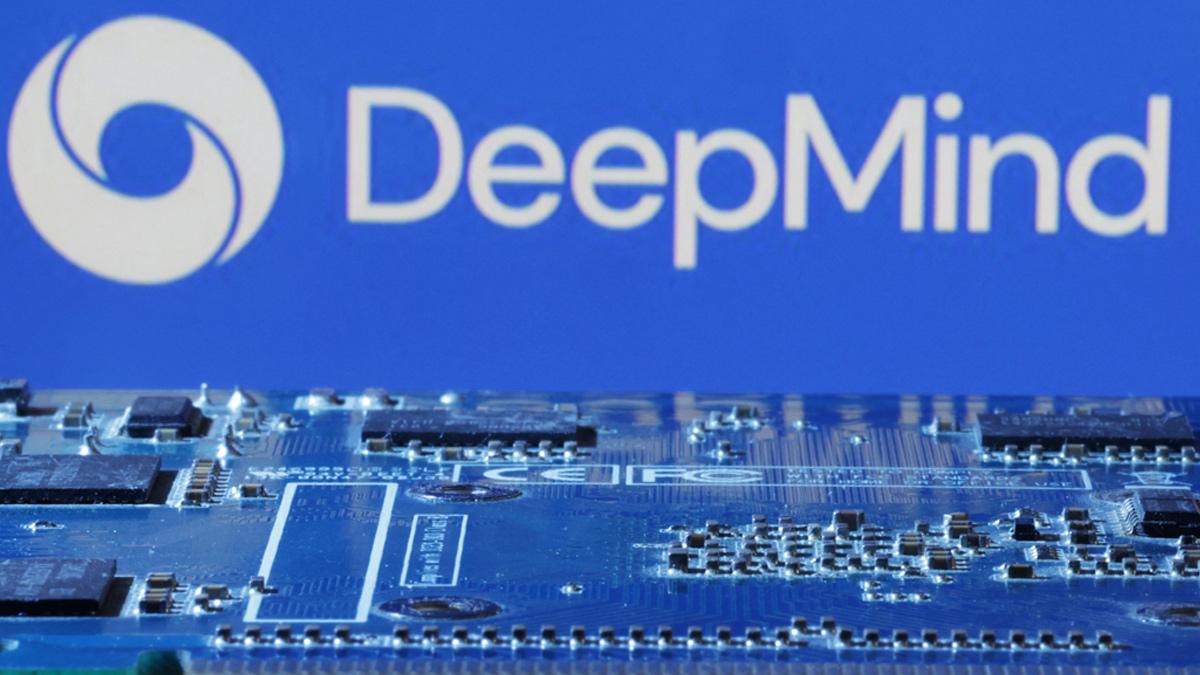‘We’re already seeing signs of superhuman capability.’

Photograph: Dado Ruvic/Illustration/Reuters
Google DeepMind expects artificial general intelligence (AGI) capabilities to emerge within four to five years, as it ramps up artificial intelligence (AI) development through its growing India operations.
Manish Gupta, senior director for India and Asia-Pacific at Google DeepMind, said the company’s Gemini models are already showing “superhuman capabilities” in areas like mathematics, with one model performing at gold medal level on International Math Olympiad problems.
“We believe that you will see capabilities that could at least arguably be termed AGI — perhaps within the next four to five years,” Gupta told Business Standard in an interview. Much of that development work is happening out of India.
AGI refers to the stage where an AI system can outperform even the smartest human at a broad range of cognitive tasks.
“We’re approaching that point where a single model can assist with so many cognitive tasks that were once uniquely human. It really opens up possibilities across a wide spectrum,” Gupta said.
“We’re already seeing signs of superhuman capability.”
Localisation strategy
Google recently announced a set of India-focused AI initiatives at its developer conference in Bengaluru, attended by 1,800 developers.
Among them: Plans to localise data processing for its Gemini 2.5 Flash model within the country.
It also partnered three startups backed by the government’s IndiaAI Mission to build home-grown models, responding to the Centre’s Make-in-India push.
Gupta said India’s AI research efforts are playing a growing role in shaping Google DeepMind’s global direction, especially around model efficiency.
“We are among the very few companies with a dedicated research presence in India,” he said.
“Our researchers here are at the forefront of solving many of these challenges.”
Smarter models, built in India
One such breakthrough is Gemma 3n, a generative AI model designed to run efficiently on everyday devices like phones and laptops.
It’s built on a new architecture called MatFormer, which embeds smaller models within a larger one — akin to Russian Matryoshka nesting dolls — allowing flexible, scalable performance across device types.
“For different applications or queries, you can choose the model size that fits best.
“If it’s a simple query, you don’t need the largest model,” Gupta said. “This was developed here in India.”
DeepMind is also focusing on research areas tailored to Indian needs.
Its localisation strategy is targeting developers in regulated sectors like healthcare, banking, and government services.
“These models not only need to understand different languages, they also need to understand different cultures,” Gupta said.
“If you’re responding to a user in Assam, you can’t just take an English response and translate it into Assamese. You need a response grounded in cultural context.”
AgTech, language tools, and local startups
Google has launched an agricultural monitoring application programming interface that uses satellite imagery and machine learning to track crop data across India.
The goal: Help developers build tools to improve farming productivity by identifying crop types, field sizes, and sowing and harvesting dates.
It’s also partnering BharatGen at IIT Bombay to build Indic language models, aimed at under-represented languages and governance applications.
As India’s AI-native startups begin to reshape traditional sectors, Gupta sees opportunity for collaboration rather than competition.
Many startups are already using Google’s infrastructure to address challenges in education, governance, commerce, and media.
Three startups — Sarvam, Soket AI, and Gnani — selected by the IndiaAI Mission are building domestic AI models using Google’s open-source Gemma framework.
“We don’t believe any one player can do it all. It has to be collaborative,” said Gupta.
Balancing guardrails and growth
On AI regulation, Gupta advocated for a middle path: Enabling innovation while preventing harm.
“We have to recognise that AI is such a key enabling technology — one that can improve the lives of hundreds of millions of Indians,” he said.
“We need to make sure regulation doesn’t get in the way of delivering those benefits.”
Feature Presentation: Ashish Narsale/Rediff




